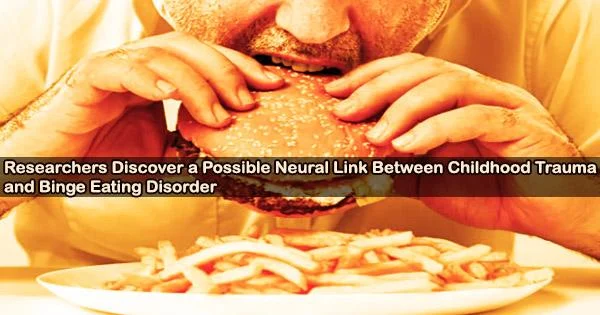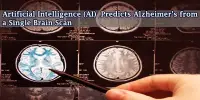Binge-eating disorder (BED) is a type of eating disorder characterized by recurrent episodes of consuming large amounts of food within a short period of time and feeling a lack of control over the eating behavior. Nearly 3% of Americans have binge-eating disorder at some point in their lives, and more than eight out of ten have survived childhood abuse, neglect, or other trauma.
A Virginia Tech professor has discovered how early childhood stress can alter the brain and raise the likelihood of binge eating later in life.
Research led by principal investigator Sora Shin, an assistant professor with the Fralin Biomedical Research Institute at VTC, revealed how a pathway in the brain that typically provides signals to stop eating may be altered by early life trauma.
The discovery, obtained from studies in mice, in Nature Neuroscience on December 12, 2022 adds new perspective to behaviors such as binge eating and obesity.
“We wanted to know the mechanism underlying how early life trauma induces these eating disorders,” said Shin, who is also an assistant professor in the Department of Human Nutrition, Foods and Exercise in the College of Agriculture and Life Sciences. “What we found is a specific brain circuit that is vulnerable to stress, causing it to become dysfunctional.”
This paper extends and brings considerable hope that the progress in the neuroscience of binge-eating disorder. Advanced imaging, and brain circuitry may allow experts to find risk factors, triggers, and causes. Studying the role of traumatic and early life experiences of this pathway may help us fine-tune prevention and early intervention efforts to prevent binge-eating disorder.
Professor Mark S. Gold
“This finding speaks to a set of broader health questions, which is how life’s health course is set based on certain early experiences,” said Michael Friedlander, executive director of the Fralin Biomedical Research Institute at VTC and Virginia Tech’s vice president for Health Sciences and Technology.
“We are increasingly aware that early experiences and exposures ranging from those that occur even pre-conception in future parents through those that the fetus experiences in utero and to those that the child experiences throughout postnatal life can have dramatic impact on our health course throughout life. Dr. Shin’s latest discovery in this one particular case shines an important new mechanistic light on this process. Like all innovative research, the study also raises additional important questions such as whether and how these effects can be changed. Dr. Shin’s research can empower such lines of inquiry since a neural substrate and mechanism have been identified.”
Stress symptoms can affect our body, thoughts and feelings, and behavior. According to Shin’s findings, stress on mice removed from their littermates may cause life-long eating behavior abnormalities.
According to the Diagnostic and Statistical Manual of Mental Disorders, binge-eating disorder is characterized by repeating bouts of eating more fast than normal to the point of feeling full, as well as feelings of discomfort and loss of control.
People with BED often eat even when they are not hungry and continue to eat even when they are uncomfortably full. They may feel ashamed, guilty, or depressed after bingeing, which can further contribute to the cycle of overeating.
Shin and her lab colleagues investigated the role of a hormone in the brain called leptin in determining the link between the illness and early childhood trauma. Leptin has long been known to reduce appetite and weight gain by instructing the brain to cease eating.
The researchers discovered that in mice that experienced early life stress and had binge-eating behavior, leptin is less efficient in a portion of the brain called the lateral hypothalamus, which regulates many behaviors. Without these signals from the brain, the overeating continues.
Further investigation revealed neurons in another part of the brain known as the ventrolateral periaqueductal gray that respond to messages from the leptin and lateral hypothalamus, thereby regulating binge eating.
“There is much more research to do,” Shin said, “but by knowing the specific molecule and receptors in the brain to target, we can now provide insight and the foundation for developing therapeutic strategies for the disorder.”
The discovery’s potential is significant.
“This paper extends and brings considerable hope that the progress in the neuroscience of binge-eating disorder. Advanced imaging, and brain circuitry may allow experts to find risk factors, triggers, and causes,” said Mark S. Gold, professor in the department of psychiatry at Washington University in St. Louis and formerly a University of Florida Distinguished Professor, Eminent Scholar, and chairman of the department of psychiatry, who was not involved in the research. “Studying the role of traumatic and early life experiences of this pathway may help us fine-tune prevention and early intervention efforts to prevent binge-eating disorder.”
This study was supported by grants from the National Institutes of Health, the Kavli Institute for Brain and Mind, and iTHRIV, in part by the National Center for Advancing Translational Sciences.
















